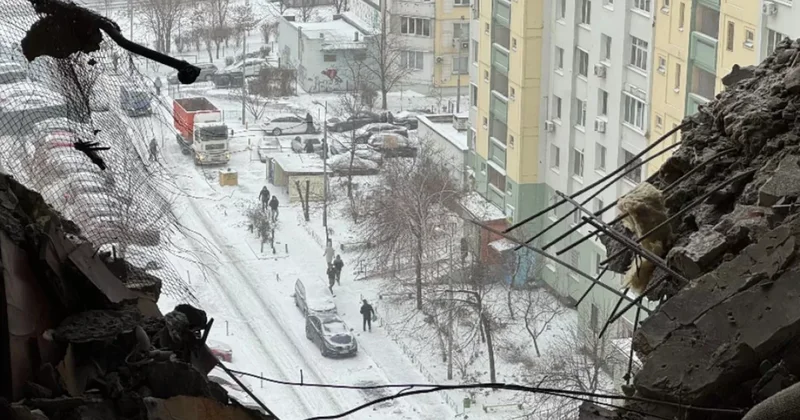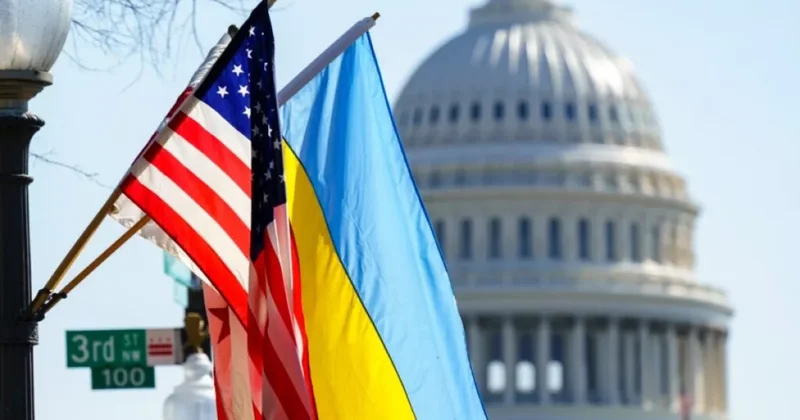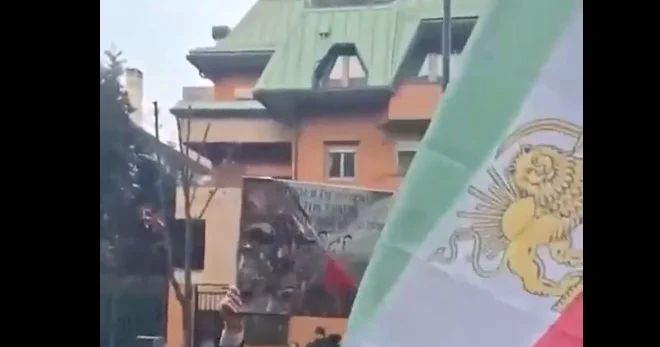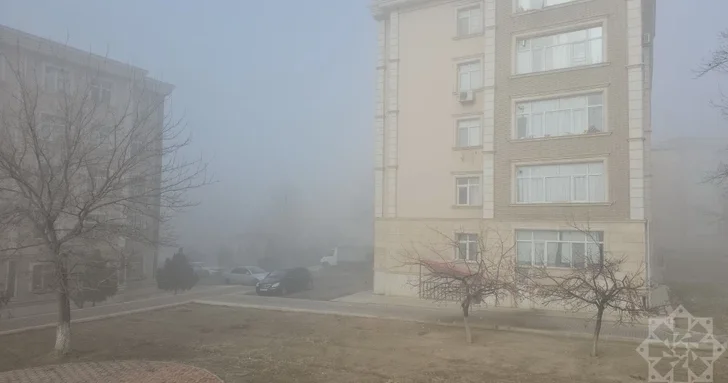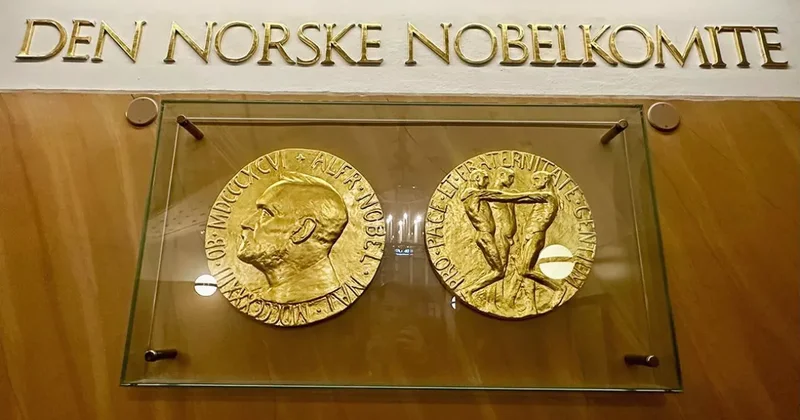Espionage with journalism veneer: Russia’s shadow media strategy from Soviet era to today
Как передает Icma.az, со ссылкой на сайт Trend.az.
BAKU, Azerbaijan, July 12. The use of media as a tool in the game of geopolitical chess has long been a feather in the cap of great powers, and Russia—much like its Soviet forerunner—has transformed this into a craft shrouded in mystery. From sneaking around for the inside scoop to spinning tales like a spider in its web, Moscow's state-backed media operations walk a fine line between the world of journalism and the shadowy realm of espionage.
The Soviet concept of the “journalist-spy” has not only survived the collapse of the Union of Soviet Socialist Republics but also evolved into a hybrid warfare tactic that leverages both traditional media and digital platforms. Structures like Sputnik, launched under the umbrella of the Rossiya Segodnya media group, present themselves as news organizations while actively promoting Kremlin-aligned narratives, manipulating public opinion abroad, and facilitating information gathering.
Intelligence activities in the Soviet Union were not confined to the traditional notion of espionage. For the KGB and its foreign intelligence branch, keeping a tight rein on the information space was the name of the game. These agencies often sent their operatives out into the wild, masquerading as journalists, to foreign lands as part of a larger game of influence.
A plethora of KGB documents from the 1970s and 1980s show that although many Soviet journalists were on the payroll of media outlets, they were in cahoots with the KGB behind the scenes. In addition to reporting, they gathered intelligence, cultivated influence networks, and established contacts in targeted countries. In some cases, the number of Soviet journalists stationed abroad even surpassed official embassy staff.
After the curtain fell on the USSR, the practice of slipping intelligence officers into the press took a backseat for a spell. However, it later re-emerged in a more modern form—this time under the banner of “open media platforms.”
One such outlet is Sputnik, established by the Rossiya Segodnya media group. The platform’s core functions include disseminating narratives aligned with Kremlin interests, crafting an “alternative truth” in Western and post-Soviet societies, shaping public opinion during election periods, and, crucially, gathering intelligence for Russian special services while cultivating local networks.
A good chunk of Sputnik's leadership and staff are either tied to former intelligence agencies or hail from media outfits that are thick as thieves with the Kremlin. For instance, Vitaly Denisov, who previously headed Sputnik Azerbaijan and earlier led Sputnik Moldova and other regional bureaus, is widely believed to have ties to the GRU (Main Intelligence Directorate). He was deported from both Moldova and Azerbaijan due to involvement in activities deemed harmful to national information security.
In today’s global landscape, Russia employs a “hybrid approach” to its information policy—blending traditional military tactics with cyber operations, disinformation campaigns, social media manipulation, and covert intelligence activities carried out by individuals posing as journalists and experts. These methods can really stir the pot, even if it's tough to nail them down in a court of law.
In Azerbaijan, the recent detention of Sputnik Azerbaijan’s head Igor Kartavykh and chief editor Yevgeny Belousov has been linked to suspicions of espionage masked as journalism. Unlike the past era of hidden cameras and microfilm, today's tactics are more subtle—weaponizing headlines, commentaries, and targeted content manipulation.
The European Union was one of the first to see the writing on the wall regarding this threat. In 2022, right on the heels of the Russia-Ukraine war kicking off, Sputnik and RT found themselves shown the door across Europe. Authorities pointed the finger at their part not just in fanning the flames of disinformation but also as key players in the game of hybrid information warfare.
Following suit, Canada, the United Kingdom, Ukraine, Australia, and several Latin American countries imposed similar bans. The primary justification was clear: Sputnik and RT are not flying solo in the world of journalism; rather, they are two peas in a pod with the state’s information intelligence apparatus.
Stay up-to-date with more news on Trend News Agency's WhatsApp channel
 Другие новости на эту тему:
Другие новости на эту тему: Просмотров:133
Просмотров:133 Эта новость заархивирована с источника 12 Июля 2025 15:15
Эта новость заархивирована с источника 12 Июля 2025 15:15 



 Войти
Войти
 Online Xəbərlər
Online Xəbərlər Новости
Новости Погода
Погода Магнитные бури
Магнитные бури Время намаза
Время намаза Калькулятор колорий
Калькулятор колорий Драгоценные металлы
Драгоценные металлы Конвертор валют
Конвертор валют Кредитный калькулятор
Кредитный калькулятор Курс криптовалют
Курс криптовалют Гороскоп
Гороскоп Вопрос - Ответ
Вопрос - Ответ Проверьте скорость интернета
Проверьте скорость интернета Радио Азербайджана
Радио Азербайджана Азербайджанское телевидение
Азербайджанское телевидение О нас
О нас



 TDSMedia © 2026 Все права защищены
TDSMedia © 2026 Все права защищены








 Самые читаемые
Самые читаемые










